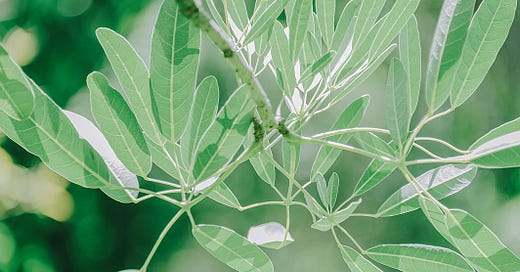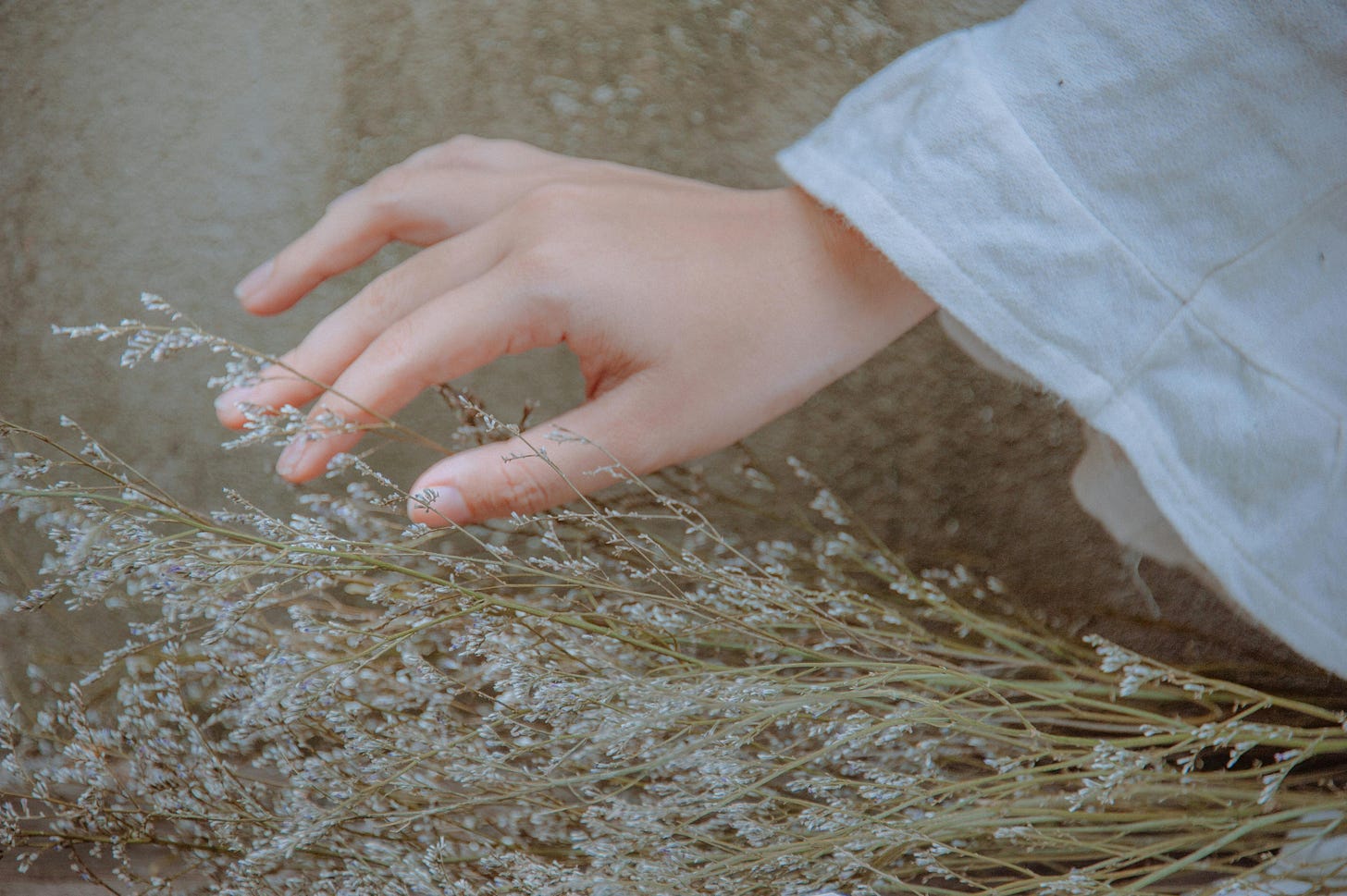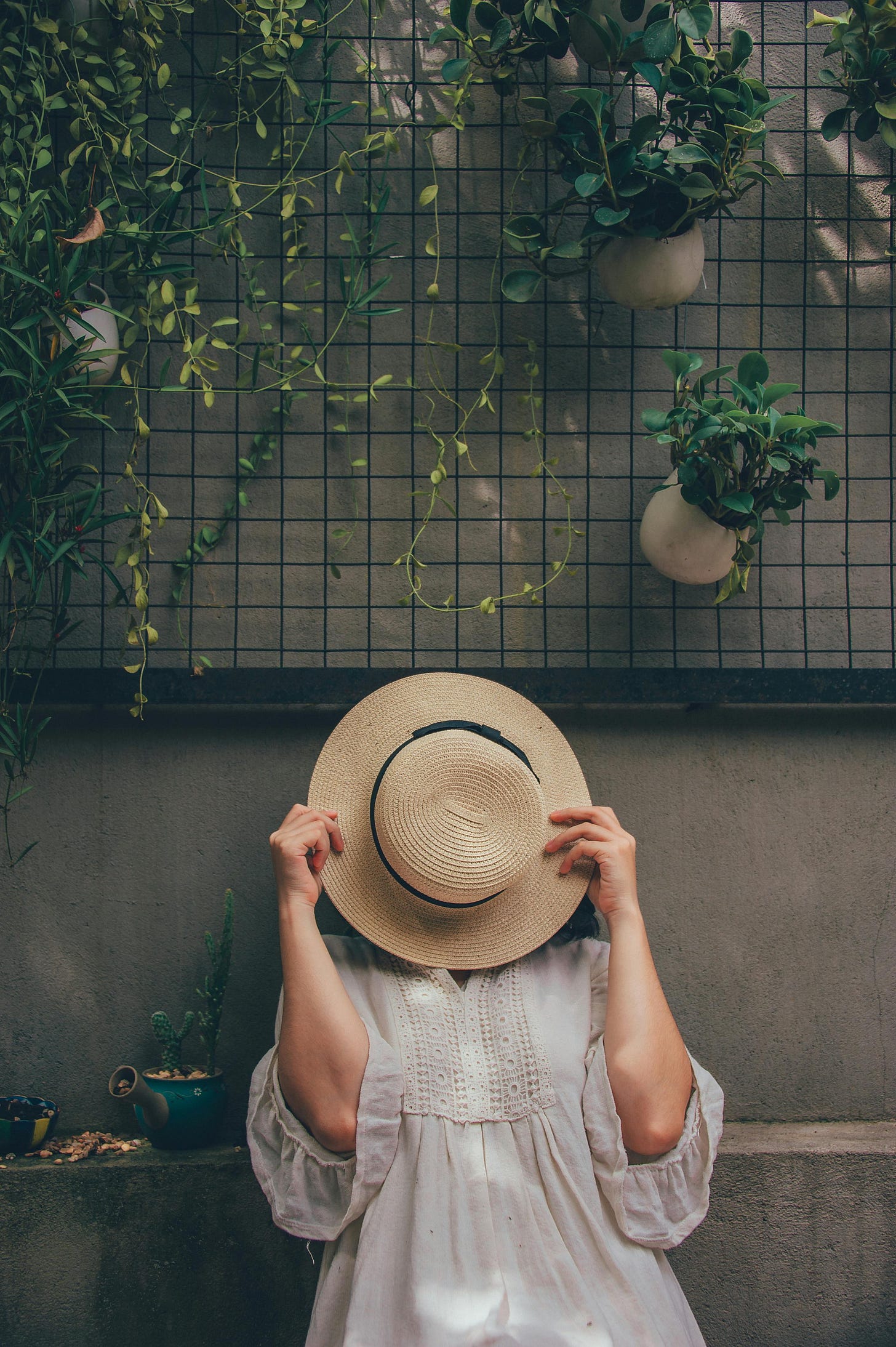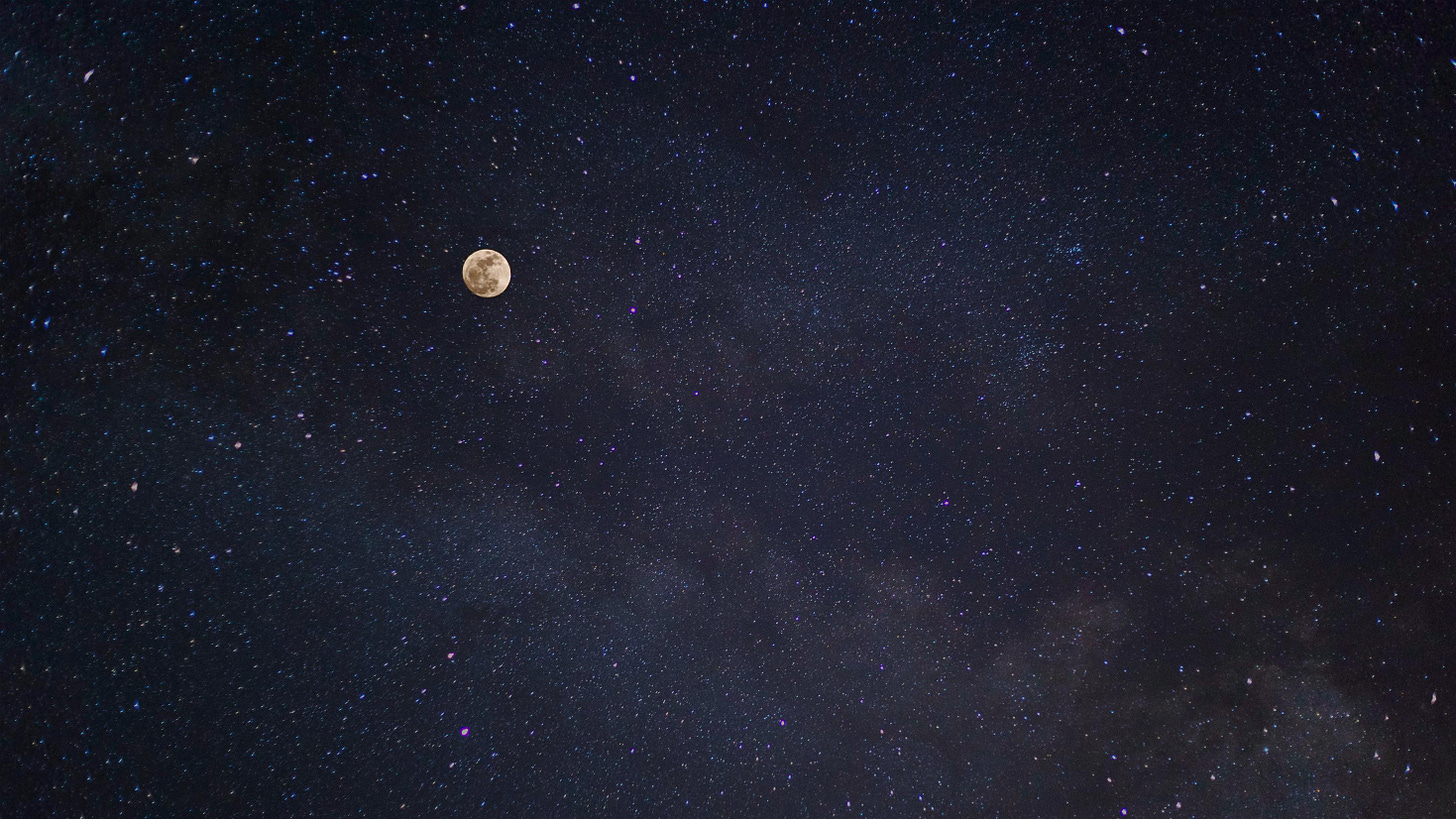How I found out I was a Highly Sensitive Person
A vulnerable post that's taken me days to press "publish"
I remember the moment vividly.
It was sunny, and I was sitting on a grassy hill in Dolores Park, San Francisco, only a few blocks from my apartment. It was 2012 and felt like summer, though it’s hard to say for sure because, without the traditional four seasons, time blurs, and memorable moments become unable to lock themselves into a specific season or time. But I distinctly recall the warmth of the sun as I immersed myself in the pages of Quiet: The Power of Introverts in a World That Can't Stop Talking by Susan Cain, a book that would forever change my life.
In Quiet, Cain discusses Western society’s shift from introversion to extroversion, offering insights into how introverts can thrive in a culture that predominantly celebrates extroverted traits.
This was such a defining moment for me. At the time, I was a somewhat naive 24-year-old who had left behind a smaller Canadian city for the allure of San Francisco, a place where misfits were said to find belonging. Yet, I felt out of place. I was quiet, and the city was busy, loud and complicated. In the evenings, I found myself resorting to the bathtub, the rush of water funnelling out of the faucet in a feeble attempt to drown out the blaring sirens.
But it was more than just being an introvert—after all, San Francisco is home to the Beatniks and poets—it was being a highly sensitive person.
Turning the pages of Quiet, I discovered the work of Dr. Elaine Aron on highly sensitive people. I took her quiz designed to identify such people, answering each question with an empathetic “yes.”
For the first time, I felt my innermost being truly seen.
Growing up
I was often told I was too sensitive, which I found strange, considering I didn’t know any other way to be, but I understood the meaning of their comment: I felt things too deeply and too deeply was not okay.
As a teenager, I avoided violent or scary movies at all costs. The rare times I gave in, I’d find ways to tune the show out—not just the violent parts of the film but the entire movie. I didn’t dare get attached to any one character who may be killed off. I knew the blood and gore were all fake, but the emotional implications surrounding these fictional characters were tied too close to reality for me. I’d spend days with knots in my stomach, sometimes unable to sleep, until my nervous system was finally able to calm down.
I was highly gullible growing up—always believing the best in people, wanting to give truth and validity (acceptance of who they are) to everything they said. Of course, this left me feeling foolish, and I’d laugh along at being the butt of the joke to hide my embarrassment. Still, I continued to trust people, unable to set boundaries because I was always too afraid to hurt anyone's feelings. I could feel their feelings as deeply as my own, and my goal in life was to cause no one any pain. This enhanced my people-pleasing tendencies, and I remember feeling severely burnt out by the time I was 15.
My sensitivity showed up in other ways. Change felt particularly hard when I was young, and at the age of nine, I had chronic stomach aches the year I switched schools. So much of that year I recall toting around a ziplock bag full of Tums I’d suck on at school. I didn’t have the language for it back then, but looking back, I was experiencing anxiety and depression.
Despite all these big feelings, I had a really great childhood, and things felt positive. I had a great family and put my sensitivity into all things creative: ballet classes in the evening, playing the guitar and the piano (both rather poorly), painting, journaling, collaging, drawing and whatever creative medium I could possibly fit into the day. My family was also highly spiritual, and the emphasis on prayer and having “quiet times” only nurtured the sensitive kid I was and my desperate need for downtime.
As an adult
My sensitivity has only intensified into adulthood. Drinking alcohol has never sat well with me, nor has caffeine or stimulants (such as refined sugar), so I avoid them. Mostly. I covet my morning cup of black tea with milk and honey, and I’m still terrible at saying no to anything involving chocolate.
There are other things, too.
Though dreamy, the rain sometimes irritates my skin. Same with the wind or a draft. The texture of clothing or layers that are too tight can drive me wild and emotionally weigh me down like I’m a caged bird. Why would I want to be a caged bird?
The combination of the pelting rain and the swishing windshield wipers quickly overwhelms me. Noise-cancelling headphones have become a godsend, especially in the evenings when I’m tired, or my children are being too loud. They know my wearing headphones is not personal; it’s simply mama’s way of calming herself down so she doesn’t start yelling at everyone because she’s overwhelmed. I only need to wear them for a few minutes while I take some big breaths and am able to reset myself.
I have to prioritize sleep and ideally need a minimum of nine hours. Sleep doesn’t usually come easily for me, though, and I’m prone to insomnia.
I love to travel, but I’ve learned that I prefer to travel alone and on my own agenda. With so many new stimuli, complete downtime allows me to rest and recharge fully. I also thrive in solitude because I can immerse myself in new environments without distractions. It’s why I loved living in New York so much and knew it was a place I could only ever live while single. Despite a sea of people, I could keep to myself—my thoughts uninterrupted and safe in my head, free to roam further than the A train. I was alone, but never alone.
The highs
It’s not all bad, though. In writing this, I realize how dreary it all sounds, yet, in feeling the way I do, I’ve always felt like my sensitivity has been a good thing.
(And if I’m being honest, this next part feels quite awkward. I don’t mean to be boastful, but I do think it’s important to highlight the benefits of being highly sensitive.)
To start, creativity feels euphoric.
The answer to my constant questioning of the meaning of life can be understood by watching leaves fall from a tree, blowing circles in the wind.
Writing poetry solves most of my problems.
While music—especially if played in the minor—can often bring me to tears, songs radiate through my body like a warm shiver or the feeling of butterflies. It’s probably why I’ve always loved to dance; it releases that internal build-up of energy I feel inside my body.
I can connect deeply with people, which I hope makes me a good friend. Emotions, including the bad ones, don’t tend to scare me. On the contrary, I find them alluring and enjoy positioning myself close to sadness. The world of sorrow is a world of creative freedom and beauty waiting to be discovered.
I generally feel calm and look for ways to help others feel calm.
And I’m big into self-care. Mindfulness, meditation, yoga, journaling, things like that, are integral parts of my life.
Mostly, life feels magical, like a piece of art, which I attribute to having heightened sensitivity.
I see so much romance in life.
What a gift it is to feel the depths of the seas and the warmth of the golden sun.
To be reminded every day of how insignificant my life may be in the grand scheme of things and yet, how significant it is to exist.
To touch a blossom and know both of our lives will one day turn to dust amongst the cosmos.
Read more: The Highly Sensitive Person Club
Read more: What is a Highly Sensitive Person?
If you enjoyed this, please consider:
If you think someone else might enjoy this piece, please:









It took me four decades to embrace being "too sensitive"...now it's my jam. thanks for sharing.
It's beautiful to read about your journey to high sensitivity. I love the detail in which you have written about the particular 'aha' moment when everything that went before started to make sense. Many aspects of what you share, I deeply relate to. Creativity, spirituality, overwhelm of motherhood, moments of euphoria and connection with magic!